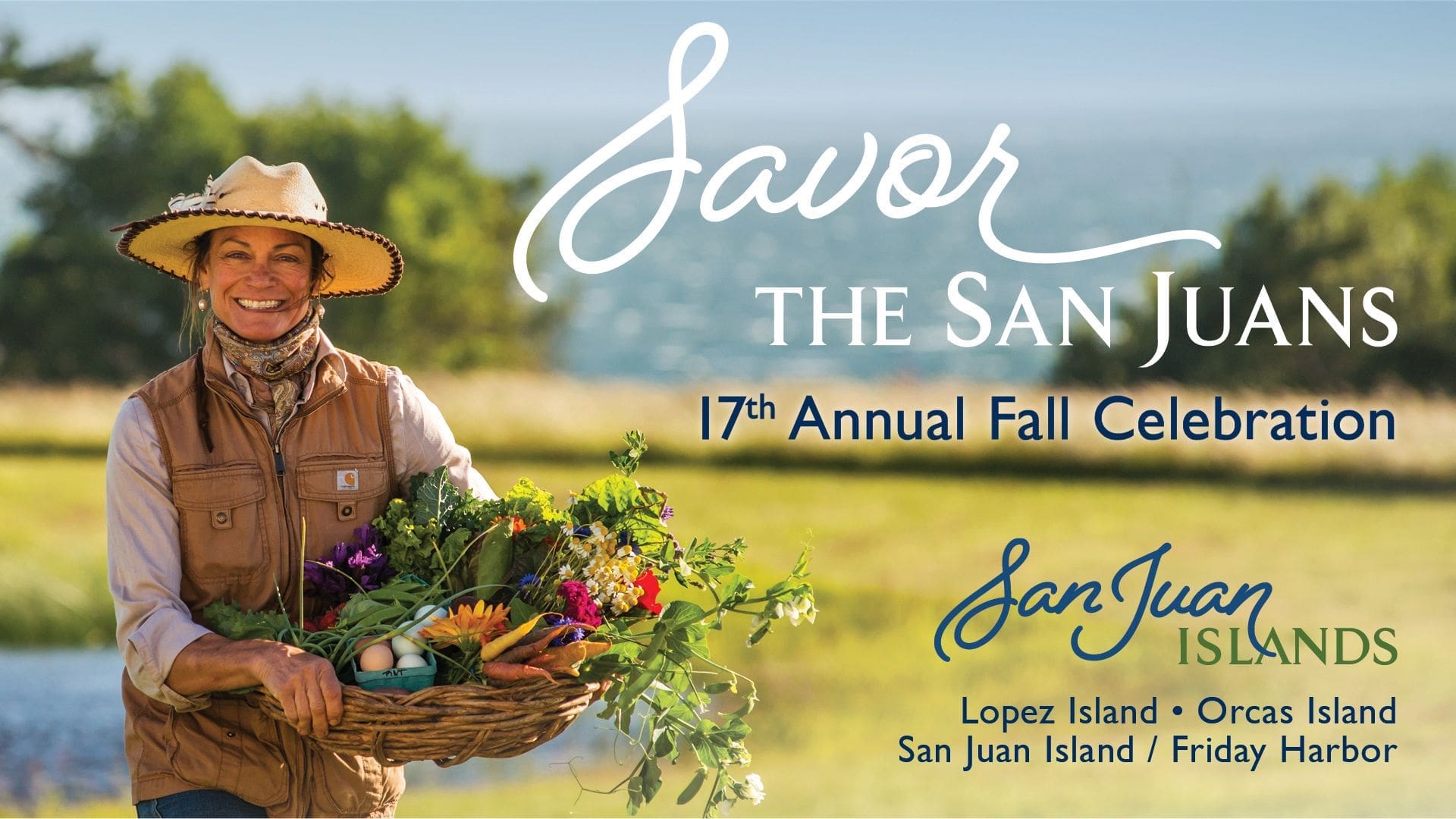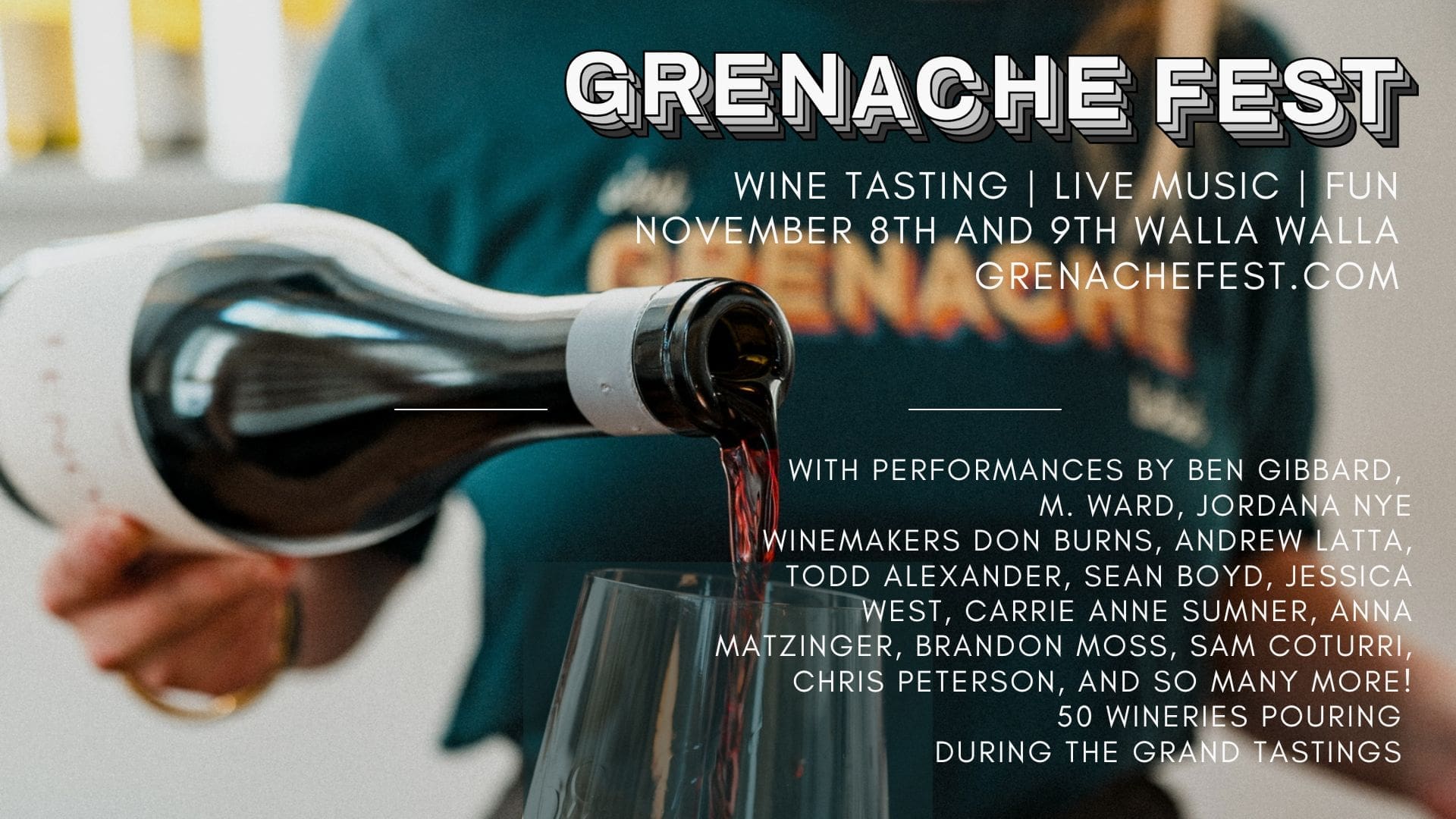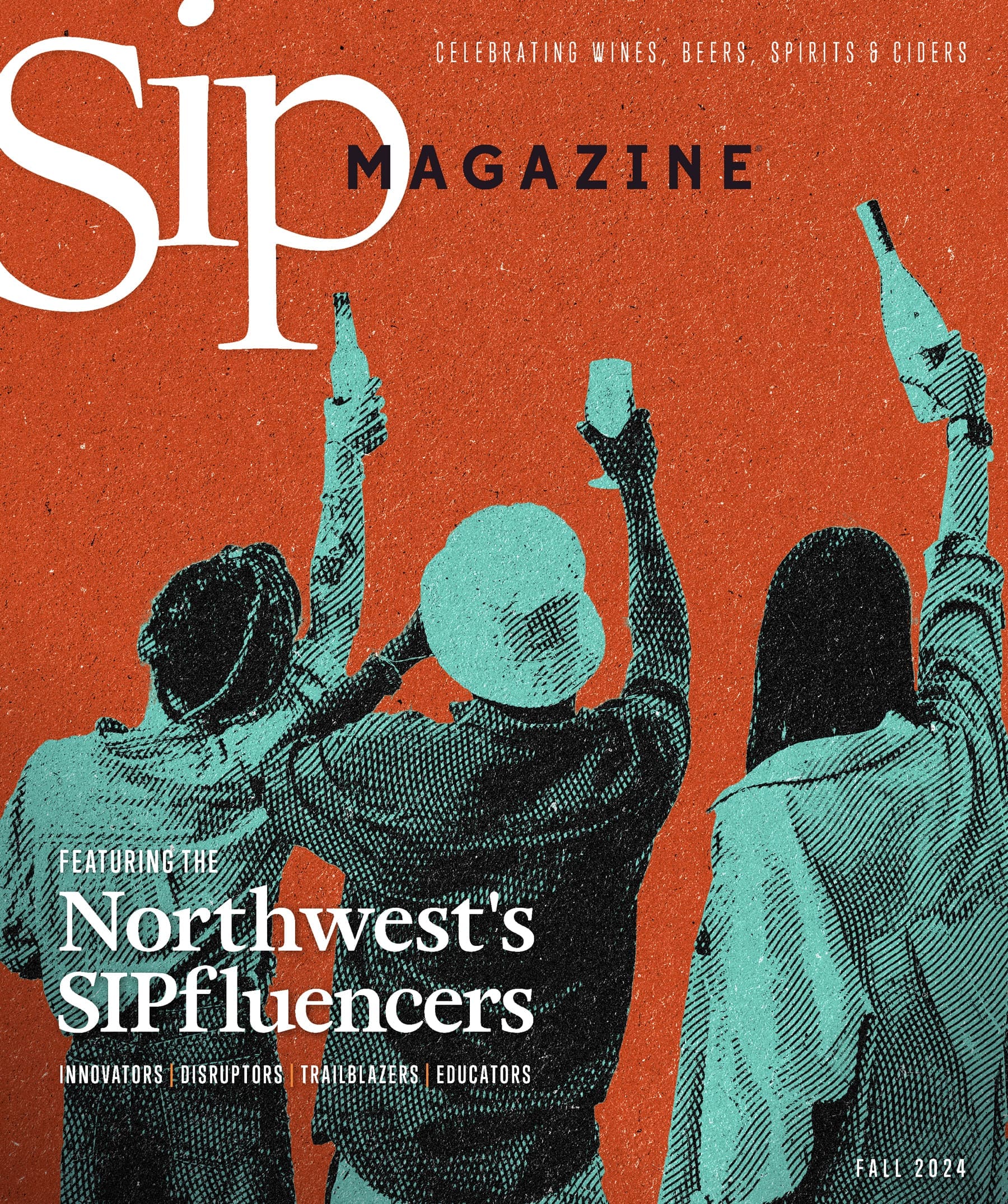The New Year won’t ring in any changes in labeling on cider containers. At least not in 2018. The Alcohol & Tobacco Tax & Trade Bureau (TTB) gave the cider industry a Christmas present by postponing for a year a labeling rule that would have required all hard cider containers to say “Tax class 5041(b)(6)” if claiming the hard cider tax rate starting in 2018.
Instead, TTB announced in earlier this week that it would postpone new rules a year and give the industry more time to comply and another chance to comment. TTB was responding to a plea from the United States Association of Cider Makers (USACM) that its members needed more time to figure out their concerns.
USACM board member Dan Wilson wrote during the initial comment period last winter that “orchardists are currently facing time-management challenges due to pruning season” and that a longer comment period “would allow our members time to properly address any of their concerns with the proposed changes to the hard cider definition and related regulatory changes.”
“We are excited that the TTB has decided to reopen the comment period… so that the cider industry has time to properly weigh in on the impact these rules would have,” says Michelle McGrath, USACM executive director. “The Cider Act was supposed to expand the definition of hard cider but some of the labeling rules make it difficult to fulfill that expanded definition.”
According to McGrath, the USACM doesn’t want to go along with TTB’s proposal to label cider as “carbonated” if it contains more than 3.9 grams of carbonation per liter. Unlike other alcoholic beverage producers, cidermakers deal with too many different levels of fizz and alcohol, she explains.
In the meantime, while a cider drinker may not know the exact level of carbonation or alcohol, if you want to drink fizzy cider, look for the word “sparkling” on the label; if not, look for the word “still,” McGrath says.
In addition to hearing from USACM, TTB received only one other response during the initial public comment period. Ian Flom, beverage production manager at fourth-generation family-owned Mercier Orchards in Blue Ridge, Georgia, complained that the proposed deadline came too fast. While he could accept the rule per se, he wrote “I carry multiple varieties and order labels in bulk to have a competitive price. I have two years of inventory based on last years (sic) sales that I just purchased and won’t have the opportunity to use until the next harvest and the harvest after that.” Flom suggested that in the meantime, TTB could create a public registry that anyone could look at to see beverage classes, or offer a grandfather clause for those with a supply of per-printed labels.
Currently, TTB expects the industry to comply by January 2019 and a temporary rule would remain in effect for a year while TTB drafts a final one, which it hopes to do for 2020.
Anyone can file comments and suggestions on the final rule until Feb. 5, click here to do so. USACM strongly encourages cidermakers to work with them on comments, contact michelle@ciderassociation.org for more information.










